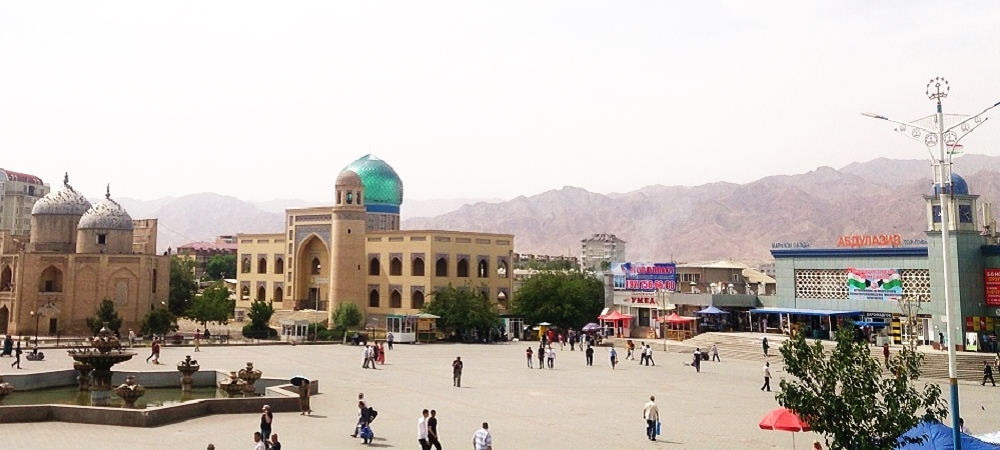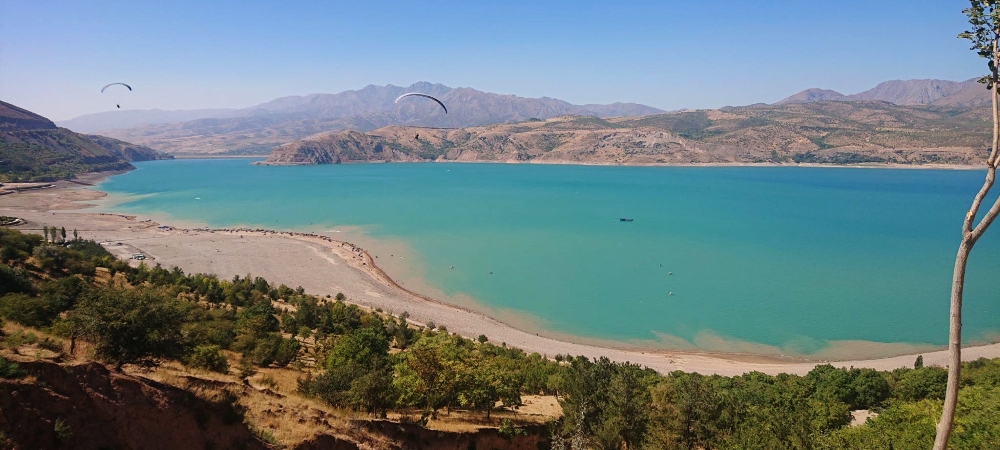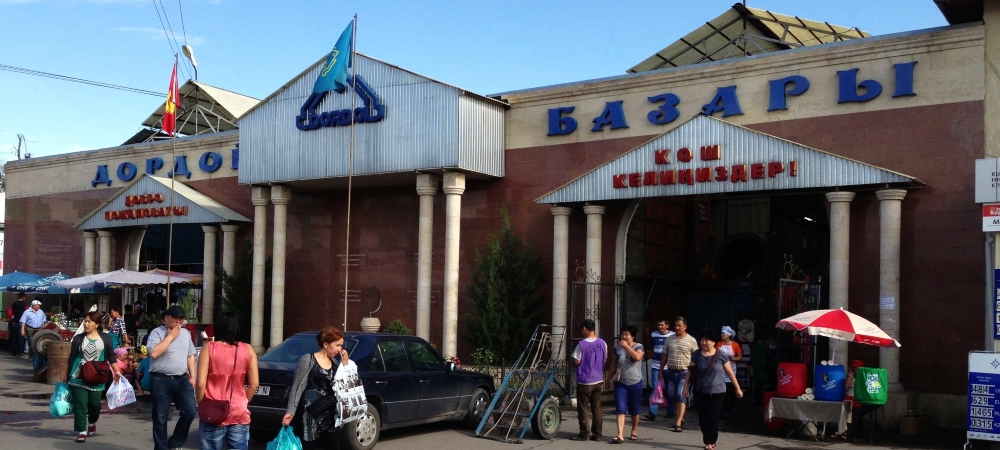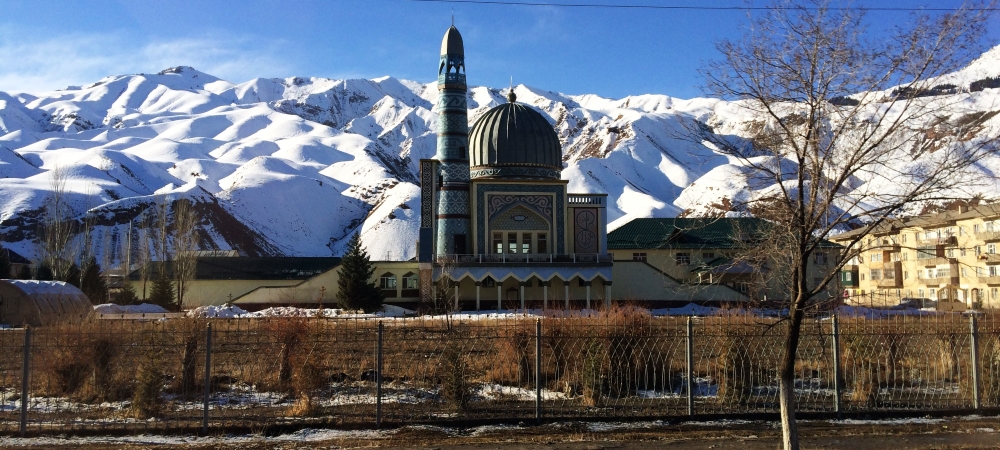The web conference “Beyond post-Soviet: Path dependencies and new trajectories of change in Central Asia”, organized by CASNiG (Central Asian Studies Network in Germany), is hosted on March 4-5, 2021 by the University for Sustainable Development Eberswalde (HNEE).
Further details:
Almost three decades after the dissolution of the Soviet Union, legacies of the Soviet past are still a dominant research theme on Central Asia. By going beyond the post-Soviet category, the second CASNiG workshop aims to critically re-evaluate the role of path dependencies vis-à-vis new actors and pro-cesses in shaping current societal (including social-ecological) developments in the region.
Among others, Central Asia has become subject to new geopolitical interests, encounters increasing global interdependencies of socioeconomic development, and is confronted with high vulnerabilities in the context of new long- and short-term crises such as climate change and global pandemics. We define Central Asia as comprising regions and (trans-) localities in the centre of the Asian continent (including NW China and Mongolia) that are shaped by close historical, socio-political and cultural interconnections.




